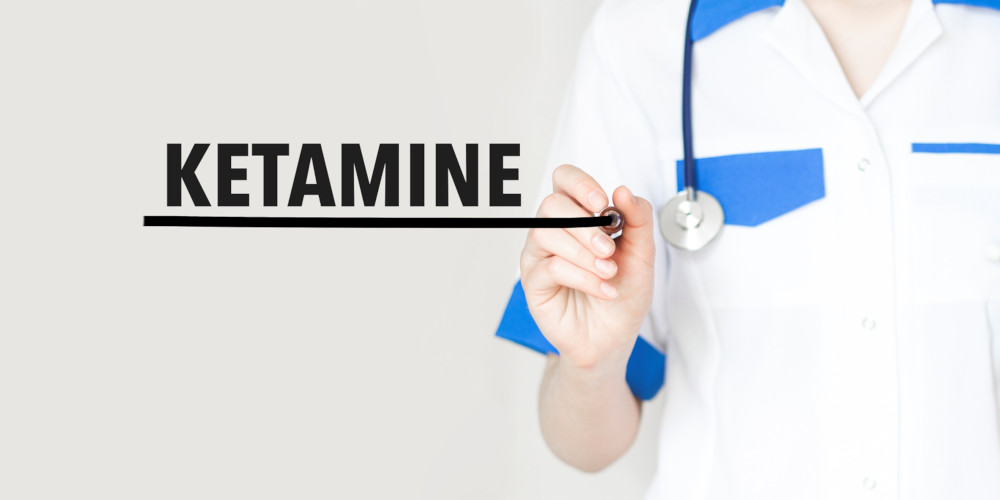Effective communication stands as a linchpin for families and caregivers, fostering understanding and support for their loved ones. Here, we delve into essential communication skills and strategies, offering a nuanced exploration that transcends conventional wisdom.
Understanding the Language of Addiction
Communication begins with understanding the language of addiction. Familiarize yourself with the terms and expressions used in the context of addiction. This knowledge not only aids comprehension but also demonstrates your commitment to empathetic communication.
Active Listening: A Powerful Tool
Engage in active listening, a skill paramount in the realm of addiction. Acknowledge feelings without judgment, allowing your loved one to express themselves freely. Your attentive ear can be a catalyst for trust and openness.
Setting Boundaries with Empathy
Establishing boundaries is crucial, but it should be done with empathy. Clearly communicate your limits, expressing concern and care rather than judgment. This delicate balance ensures that your loved one feels supported rather than isolated.
Empowerment through Positive Reinforcement
Positive reinforcement can be a potent force in communication. Acknowledge and praise small victories in the journey to recovery. This not only boosts morale but also reinforces the idea that positive change is achievable.
Utilizing Non-Verbal Cues
Non-verbal communication can convey as much, if not more, than words. Be attuned to body language and facial expressions, allowing you to grasp unspoken feelings and respond with sensitivity.
Addressing Co-occurring Issues
Effectively dealing with addiction requires addressing co-occurring issues such as mental health concerns. Understanding and acknowledging these interconnected challenges enables a more holistic and effective approach to communication.
Crisis Communication: Navigating Urgent Situations
In times of crisis, clear communication is paramount. Equip yourself with strategies to navigate urgent situations, ensuring the safety and well-being of your loved one while maintaining open lines of communication.
Educate Yourself: Combatting Stigma and Misconceptions
Educate yourself about addiction, dispelling common myths and misconceptions. This knowledge not only enhances your understanding but also equips you to challenge societal stigma, fostering a supportive environment.
Skills and Strategies for Families
Therapeutic Communication Techniques: Unlocking Support in Addiction Recovery
Discover the power of therapeutic communication techniques to foster understanding and support in addiction recovery. Techniques such as active listening, silence, and open-ended questions create a conducive environment for honest dialogue, essential for rebuilding core relationships during the recovery journey.
Unveiling the Core Feature of Drug Addiction: A Compulsive Shift
In the realm of drug addiction, a pivotal feature emerges – a drastic alteration in the reward system due to substance exposure. This alteration leads to compulsive drug-seeking behavior in vulnerable individuals. Understanding this core aspect is crucial in navigating effective communication strategies for those dealing with addiction.
Effective Strategies for Substance Abuse Treatment: A Comprehensive Approach
Explore a multifaceted approach to treating substance abuse by combining various strategies. From information dissemination to community-based processes, this comprehensive approach addresses the complexity of addiction. Each strategy plays a vital role in the overarching goal of facilitating recovery through effective communication.
Communication Skills for Recovering Addicts: Rebuilding Connections
In the journey of recovery, communication skills play a pivotal role. Practicing honesty, maintaining eye contact, and active listening are key components. This not only aids in personal growth but also contributes significantly to rebuilding core relationships strained by addiction.
Link to “Effective Communication Techniques in Dealing with Addiction”: Explore how therapeutic communication techniques, understanding the core features of drug addiction, implementing effective treatment strategies, and honing communication skills for recovery intersect with the broader theme of effective communication in dealing with addiction. These insights provide a foundation for fostering understanding and support, essential in the journey towards recovery.
Empowering Futures: The Evolution of Communication in Addiction Recovery
Effective communication techniques in dealing with addiction and providing essential skills for families and caregivers are poised to shape the future landscape of addiction recovery. Embrace the potential impact of these strategies as you navigate the journey towards understanding, support, and lasting change.
A Path to Lasting Recovery: Harnessing Therapeutic Communication Techniques
The application of therapeutic communication techniques opens a pathway to lasting recovery. As you embrace active listening, silence, and open-ended questions, envision a future where honest dialogue becomes the cornerstone of support, fostering empathy and understanding in your relationships.
Rewiring Connections: The Role of Communication in Shifting Dynamics
Recognize the profound impact of communication in rewiring connections strained by addiction. By grasping the core features of drug addiction and employing effective strategies, you pave the way for transformative conversations. Imagine a future where communication becomes a catalyst for healing and rebuilding, creating a supportive network around you and your loved ones.
Holistic Approaches to Treatment: The Integration of Effective Strategies
Envision a future where holistic approaches to substance abuse treatment take center stage. The integration of effective strategies, from information dissemination to community-based processes, ensures a comprehensive approach. This future promises a landscape where individuals and communities are equipped to address the complex nuances of addiction through informed and supportive communication.
Building Resilience: Communication Skills for a Lifetime of Recovery
As you focus on honing communication skills for recovery, picture a future where resilience becomes a foundation for a lifetime of recovery. Practice honesty, maintain eye contact, and be an active listener. In this envisioned future, these skills empower you to navigate challenges, rebuild relationships, and sustain the positive changes achieved through effective communication strategies.
As someone committed to facilitating meaningful conversations around addiction, I invite you to delve further into the content. Your engagement is not only welcomed but vital to the ongoing dialogue surrounding effective communication in dealing with addiction. Share your thoughts, ask questions, and let’s continue to build a collective understanding that empowers individuals and families on their recovery. Your perspective is invaluable, and I look forward to the enriching discussion ahead.

Everyone in recovery dreams of “getting out.” The day you finally finish rehab feels like…

Rehab is supposed to be the place where you get your life back, but for…

Getting sober is supposed to fix everything, right? That’s the fantasy many people hold on…




